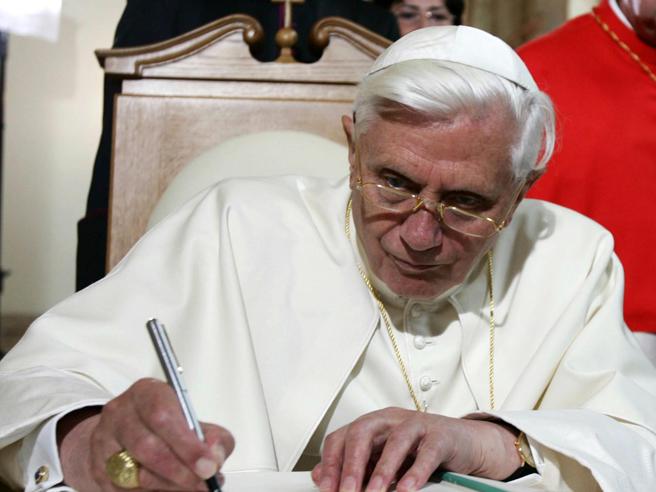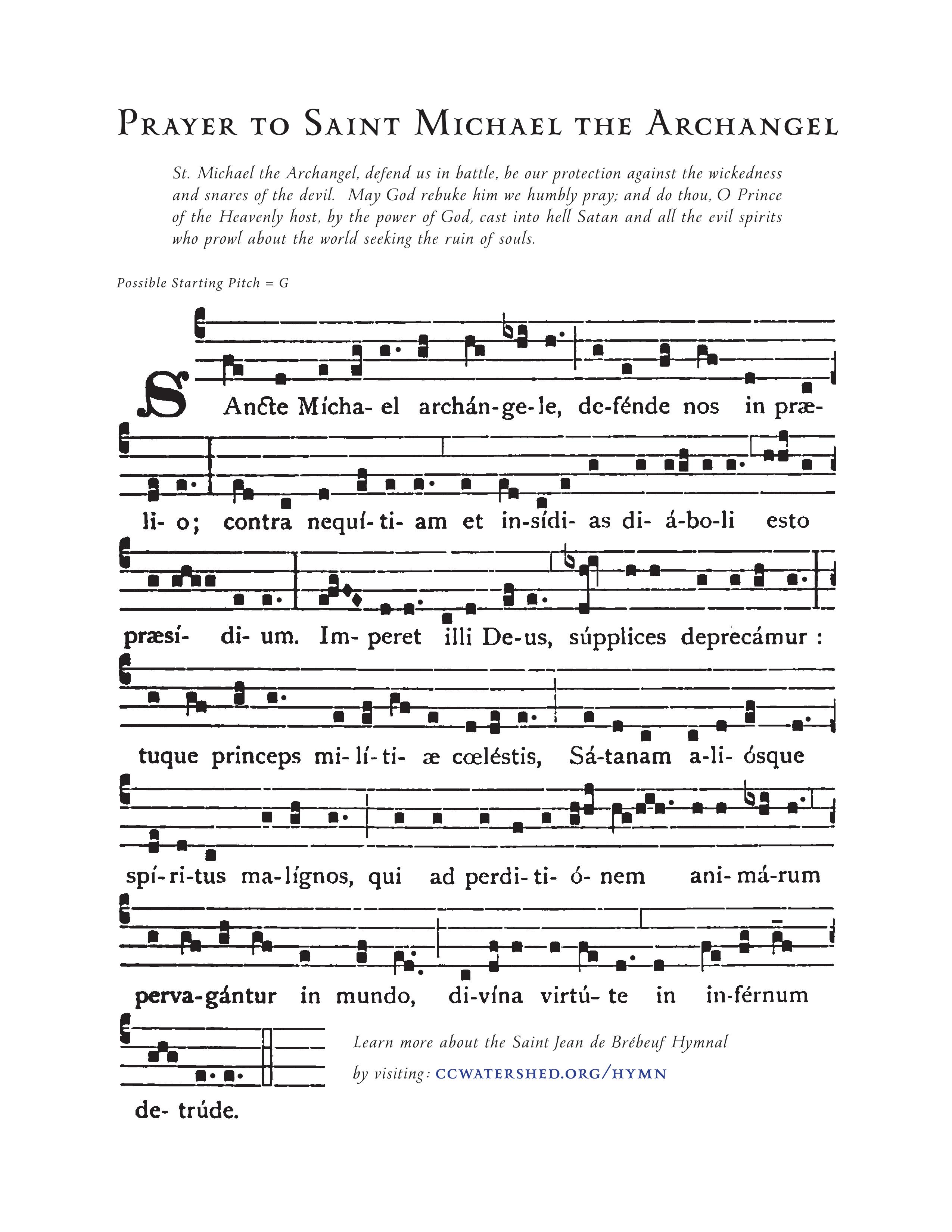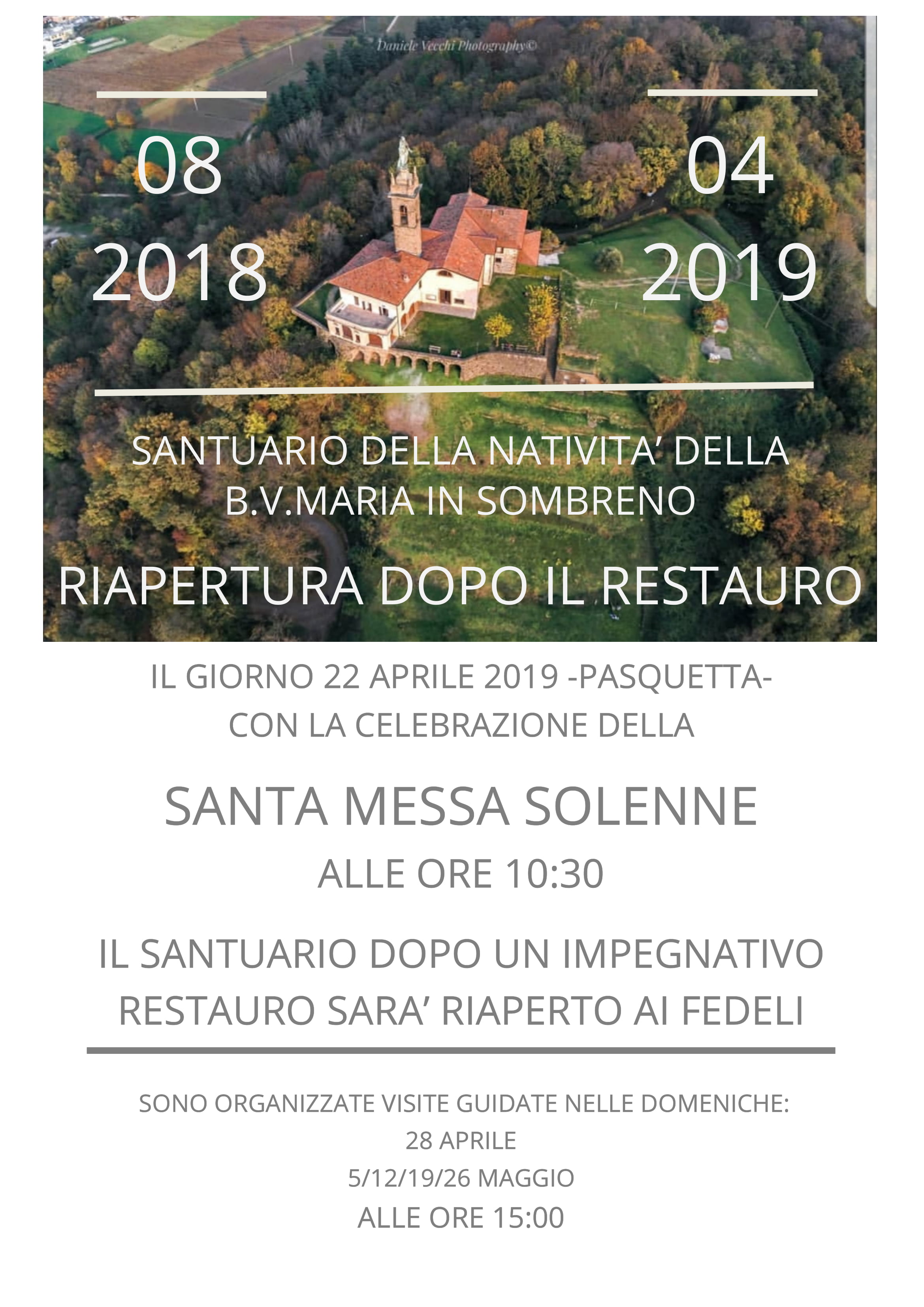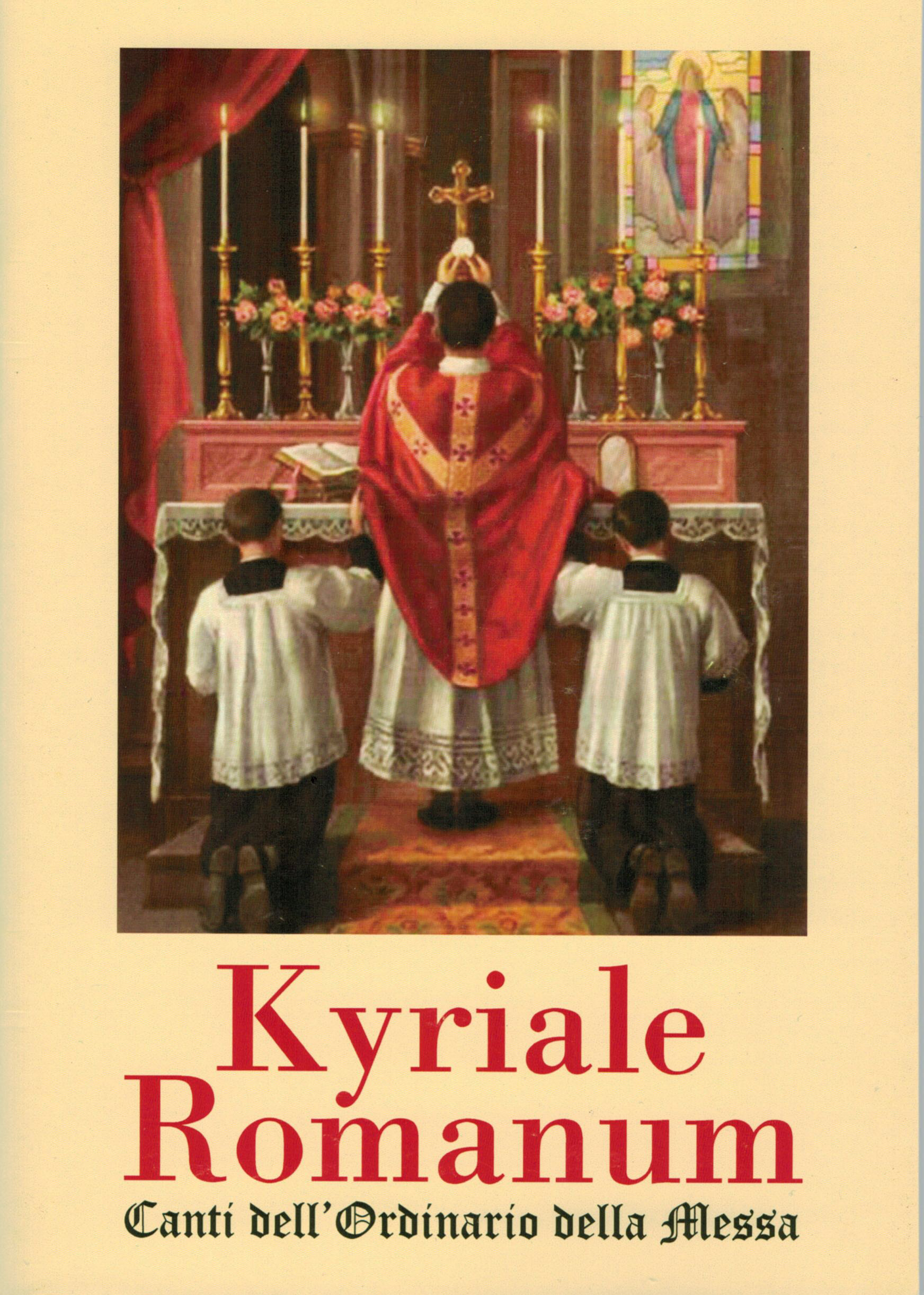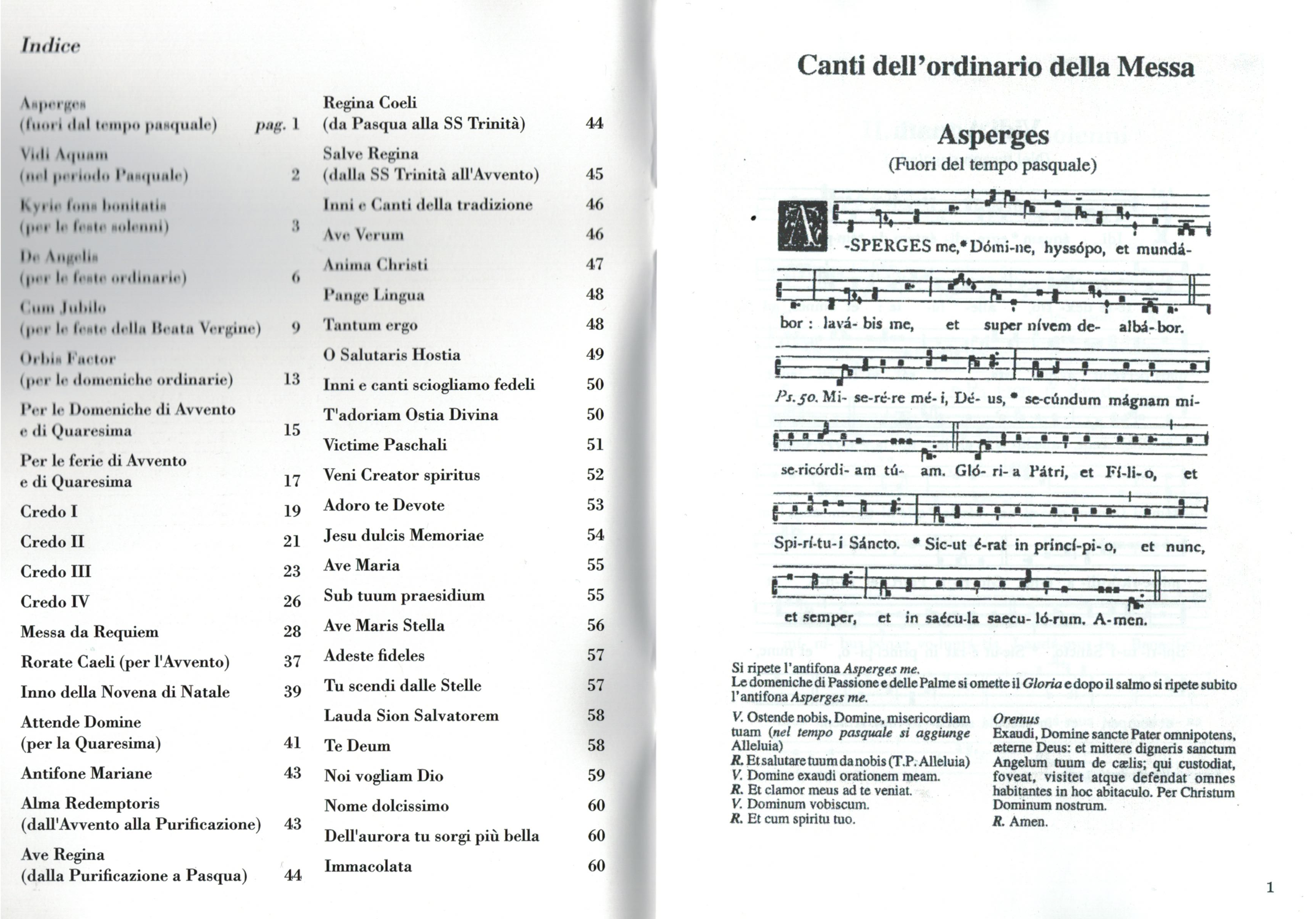Nossa forma de lidar com a Eucaristia só pode gerar preocupação. O Concílio Vaticano II concentrou-se justamente em devolver este sacramento da presença do corpo e do sangue de Cristo, da presença da sua pessoa, da sua paixão, morte e ressurreição, ao centro da vida cristã e à própria existência da Igreja. Em parte, isso realmente aconteceu e devemos ser gratos ao Senhor por isso.
E ainda assim uma atitude muito diferente prevalece. O que predomina não é uma nova reverência pela presença da morte e ressurreição de Cristo, mas uma maneira de lidar com Ele que destrói a grandeza do Mistério. A queda na participação das celebrações eucarísticas dominicais mostra quão pouco os cristãos de hoje sabem apreciar a grandeza do dom que consiste em sua verdadeira Presença. A Eucaristia tornou-se um mero gesto cerimonial quando se toma por parâmetro que as boas maneiras exigem que que esta seja oferecida em celebrações familiares ou às vezes em casamentos e funerais a todos os convidados, simplesmente por motivos familiares.
A maneira pela qual as pessoas simplesmente recebem o Santíssimo Sacramento na comunhão como algo rotineiro mostra que muitos o veem como um gesto puramente cerimonial. Portanto, quando você pensa sobre a ação que é necessária em primeiro lugar, é bastante óbvio que não precisamos de outra Igreja com um design próprio. Em vez disso, precisa-se, em primeiro lugar, alcançar a renovação da fé na realidade de que Jesus Cristo realmente nos é dado no Santíssimo Sacramento.
Leia o ensaio completo de Bento XVI aqui.

